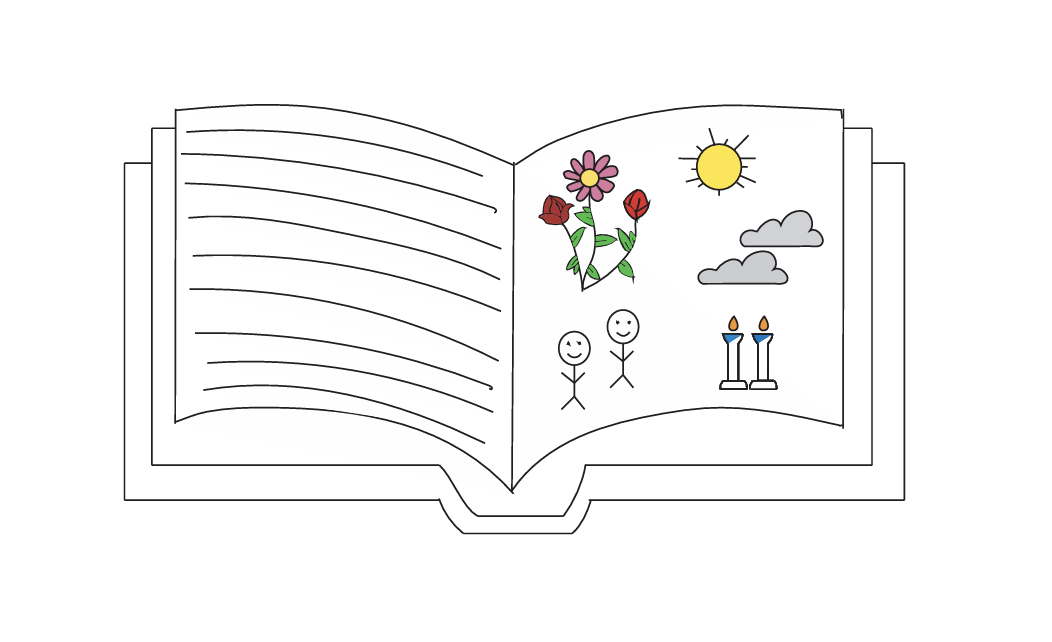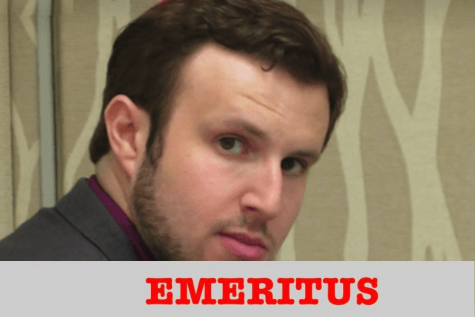Having just dealt with the revolt of Korach, Moshe and Aharon are faced in Parshat Chukat with a new wide scale issue: a lack of water. Bnei Yisrael approaches the brothers to complain of dehydration:
“Why have you brought the congregation of Hashem to this wilderness to die there…there is no water to drink!”(Bamidbar 20:4-5)
Living in Los Angeles, with a record drought and radio ads about conservation, we Angelinos understand the importance of saving our water. Turning off the faucets, shorter showers and less frequent lawn watering are all ways we have begun to reduce our water usage. The Israelites’ issue was not saving water but obtaining water; a rare find in the Sinai (or any other) Desert.
So what was the solution? Moshe and Aharon approach Hashem to seek His guidance on the issue. Hashem instructs the brothers to gather the nation together and to speak to a rock and ask it to give off water for the people. Moshe goes an unnecessary step further and strikes the rock with his staff. Water is produced from the incident, though it flares Hashem’s anger and Moshe and Aharon are banned from entering the Promised Land.
There is an unsolved debate between various Jewish leaders throughout history as to what specifically Moshe and Aharon were punished for. One view is the blatant disregard for Hashem’s exact words (i.e. to speak to, not strike the rock.) This seems to be the most obvious opinion and is also the opinion of Rashi. Rabbi Moshe ben Maimon, or Maimonides (Rambam) explains his idea that Moshe and Aharon’s acting in anger condemned them to an Israel-less life.
A third answer is that Moshe’s dialogue “Shall we bring forth water” (20:10) implies that he thinks himself all powerful. Certainly a prophet of Moshe’s stature would know better than to doubt Hashem’s almightiness.
Whatever the cause, Moshe and Aharon were prohibited from entering the land of Israel. But what about everyone who took part in the other sins of Bnei Yisrael like the Golden Calf? Rashi explains that as community leaders, Moshe and Aharon were held to a higher level of responsibility than everyone else. Their punishment was an extreme example for Bnei Yisrael to observe Hashem’s word.
Not quite out of the woods, Bnei Yisrael is reminded of Hashem’s might and preventable fury. Like the drought, Hashem’s wrath can be prevented by a community’s participation. When one doesn’t hold to the word of Hashem, a little spilled water can be a lot to cry about.







